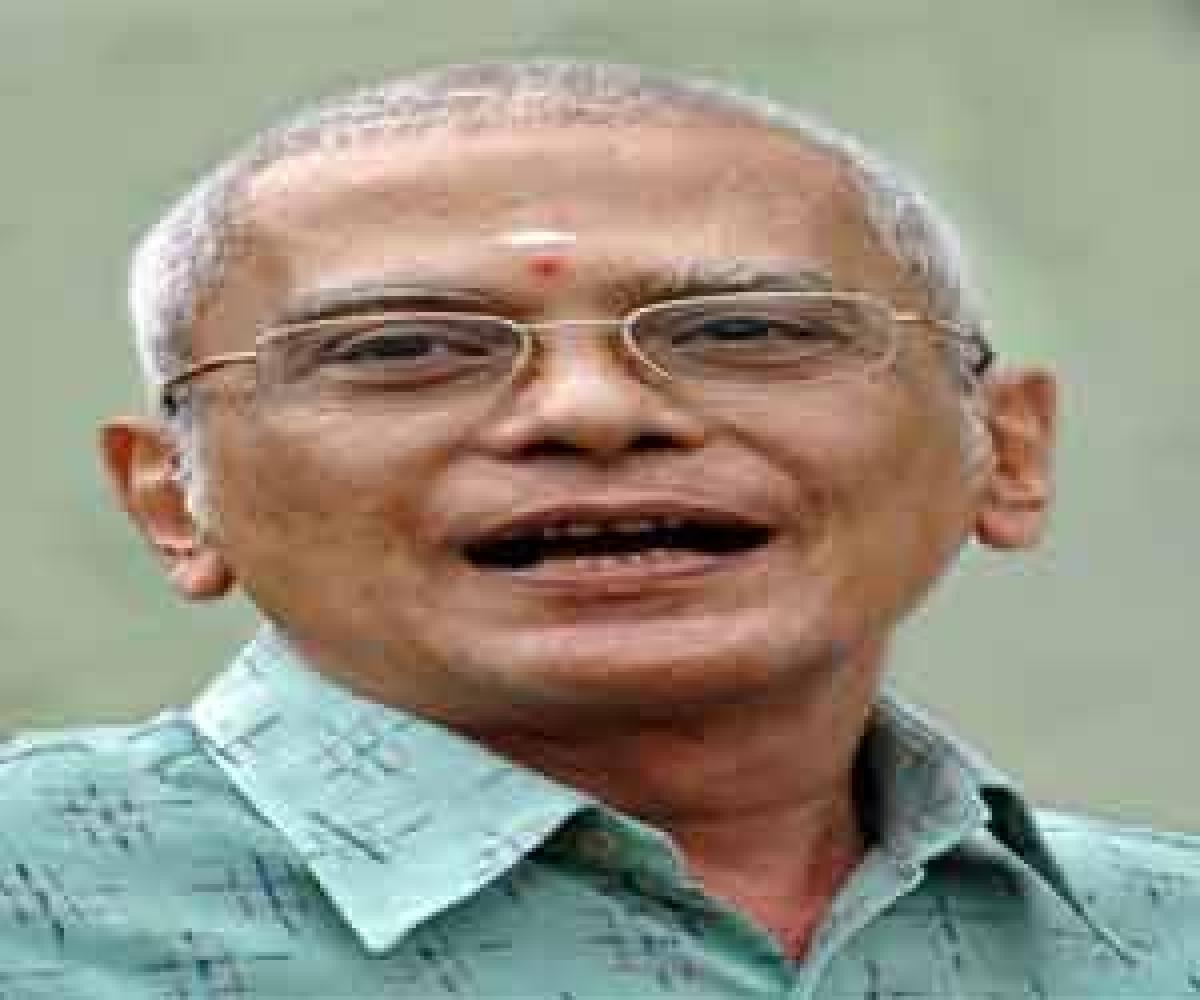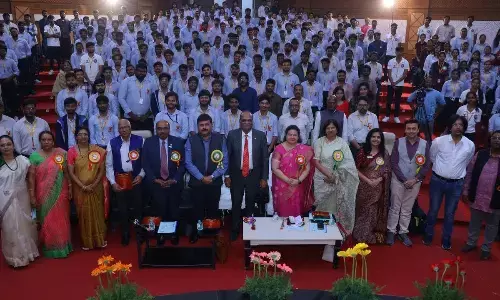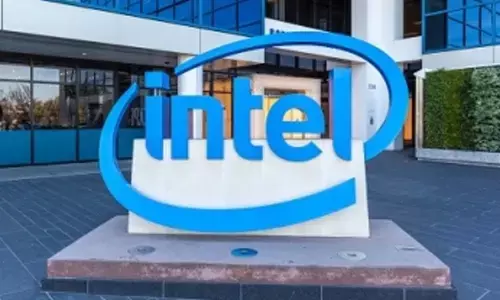The holy debate accountability vs responsibility

I took over as Secretary (Agriculture and Cooperation) Government of India in January 2003. Both the promotion and the posting were events long awaited. It was my dream assignment!
I took over as Secretary (Agriculture and Cooperation) Government of India in January 2003. Both the promotion and the posting were events long awaited. It was my dream assignment!
I was eagerly looking forward to putting to good use the close to three year tenure I would have in that post. In March 2003, Sri N. Chandrababu Naidu, then the Chief Minister of Andhra Pradesh mooted the idea of my returning to the State as Chief Secretary.
Irrespective of my personal feelings my reaction was to leave the choice to him. By the end of that month I took over the new assignment.
The Chief Minister had already been in place for over six years and was fully familiar with the people, the places and the issues. I had to work hard to create some ‘role-space’ for myself in the affairs of governance.
Just as I settled and carved out an ambitious agenda for myself, the run-up began for the conduct of the Pushkarams of the Godavari River – a prestigious and logistically challenging event that occurs once in twelve years and attracts crowds in the lakhs, mainly in Rajahmundry town on the banks of the river.
It was a mammoth exercise requiring an enormous amount of coordination and team work involving nearly all the departments of the State Government.
I jumped into the fray with enthusiasm and commenced making the requisite elaborate and careful arrangements for the pilgrims wanting to bathe in the holy waters of the Godavari. The Pushkarams went off very well and we were all satisfied with the arrangements.
A year later, in 2004 Dr. Y.S. Rajasekhar Reddy was the new Chief Minister of Andhra Pradesh, and I, as the Chief Secretary took the lead for putting in place the arrangements for the ensuing Pushkarams of the Krishna River.
The main place of pilgrimage was Vijayawada town, on the banks of the River in Krishna District. Thanks to the experience with the Godavari Pushkarams the year before, the air was full of confidence and expectation of another good performance. Also was the added element of a new Government out to prove its capabilities.
In the early hours of the morning of the day on which the event was to commence, a report was received that four people drowned and lost their lives in an accident near the barrage across the Krishna River at Vijayawada.
As a matter of fact the formal inauguration of the event had not yet taken place. The accident occurred at a spot which was not one of the venues designated for pilgrims to bathe and engage in their rituals.
Apparently a group of people went to an unprotected place where water was being discharged and were washed away. In fact the event did not seem to have any connection with the Pushkarams as such.
I was upset and angry. While the administration was not at fault, the incident was precisely of the sort that was sought to be avoided throughout the preparatory period; I was devastated at this inauspicious prelude to the event.
The Chief Minister was on tour, at the temple town of Srisailam at that time. I called him, briefed him about the incident and also offered to proceed on leave as I felt that the government had to accept accountability for the event and I had taken a prominent and leading role in putting the arrangements in place.
The Chief Minister promptly brushed aside my suggestion and asked me for suggestions about the immediate course of action.The Chief Minister was about to leave Srisailam for Vijayawada by a helicopter to inaugurate the event formally. Upon arrival he would naturally have been accosted by the media.
Vijayawada has always been a political nerve-centre of the State. The media, especially in a situation such as this, would not settle for a weak or routine reaction. In the wake of the allegations made by the media about the ineffective arrangements made by the State for the festival, we had to handle the issue of ‘accountability’ (not to be confused with the issue of ‘responsibility’). I advised the Chief Minister that:
(a)the District Collector of Krishna District (in which Vijayawada town is located) be asked proceed on leave – as he was the head of the system tasked with the conduct of the event and also to pave the way for a fair investigation into the circumstances that led to the event.
(b)the Police Commissioner of Vijayawada be transferred out – to facilitate an impartial inquiry into the matter.
(c)the Superintending Engineer in charge of the Krishna Barrage be kept under suspension – as being prima facie accountable for the incident.
(d)an enquiry be ordered into the whole event by the Chief Commissioner Land Administration (the senior most officer after the Chief Secretary in the administrative hierarchy).
The District Collector of Krishna was a sound and hardworking officer whose qualities I held in great regard for. So was the Commissioner of Police of Vijayawada.
The Superintending Engineer was an efficient officer who had put his heart and soul into the arrangements. And, the administration was in no way 'responsible' for what had happened.
Still the question of 'accountability' remained and, in the face of the tragedy that occurred, the government had to be seen as accepting accountability and responding accordingly.
Upon arrival at Vijayawada the Chief Minister straightaway announced all the decisions taken. The nature and degree of the response of the government was such that no unpleasant repercussions followed and the Chief Minister’s programme went through uneventfully.
The inquiry showed what was anticipated, that no human error or official lapse caused the incident. Subsequently the District Collector was reposted to his assignment and the Superintending Engineering honourably absolved of any failure on his part.
At a time like that and at a politically volatile place such as Vijayawada, such an event would normally have caused extreme embarrassment to the government and marred the excellent arrangements.
The response ensured that there was no undesirable fallout. It also teaches us that accepting accountability and being let off after inquiry is essential and desirable, rather than fighting the allegations and losing control over a situation.











